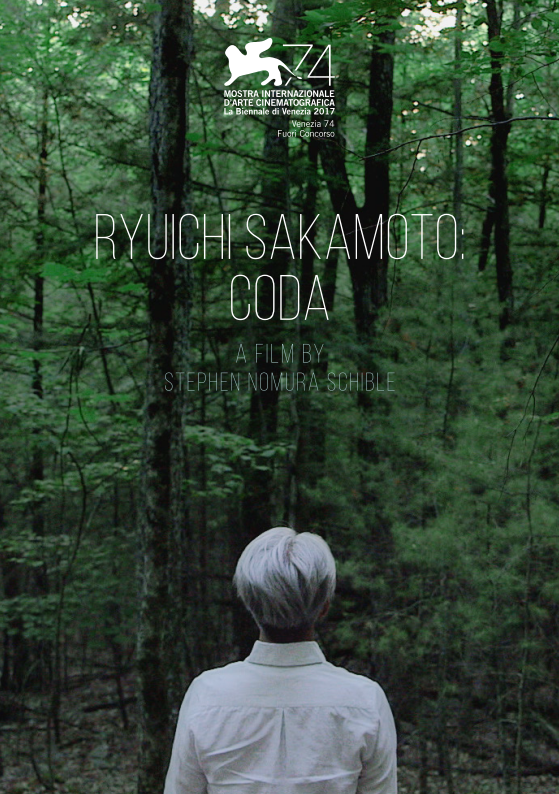They restarted the nuclear power plant at Oi. The Japanese people need to speak up to those in power. We can't allow ourselves to get discouraged or complacent. We Japanese have kept too quiet for the past 40 years.
Technology seems to be rapidly evolving on its own. The gears move more and more efficiently. Possibilities are emerging beyond the horizons of our human imagination. I'm not saying "Return to Nature, to pre-modern times". I'm not interested in going against the current. I'm interested in the erosion of technology, such as errors or noises.
Artists and musicians tend to sense things early, like canaries in a coal mine, I suppose. The environment wasn't worsening on its own. There was a link to human activity. Which means it could be fixed. But it all depends on the choices humans make. My concerns began to influence my work. Until then, I think I had sealed it inside. I'd refrained from writing music related to social or political issues.
The tsunami, in one moment, became a force of restoration. The tsunami piano retuned by nature actually sounds good to me now. In short, the piano is tuned by force to please our ears or ideals. It's a condition that feels natural to us humans. But from Nature's perspective, it's very unnatural. I think deep inside me somewhere, I have a strong aversion to that.
There are many divisions in the world. Separations and gaps between north and south, rich and poor, access to weapons and technology. These hopeless "asymmetries" you could call them have become so widespread. So I wanted to express the disparity. And I landed on the word "chasm".
Why are we so violent? Why are we like this? It made me want to explore where we came from.
It was the sound of snow from pre-industrial times, melting... snow from when earth was healthier.
